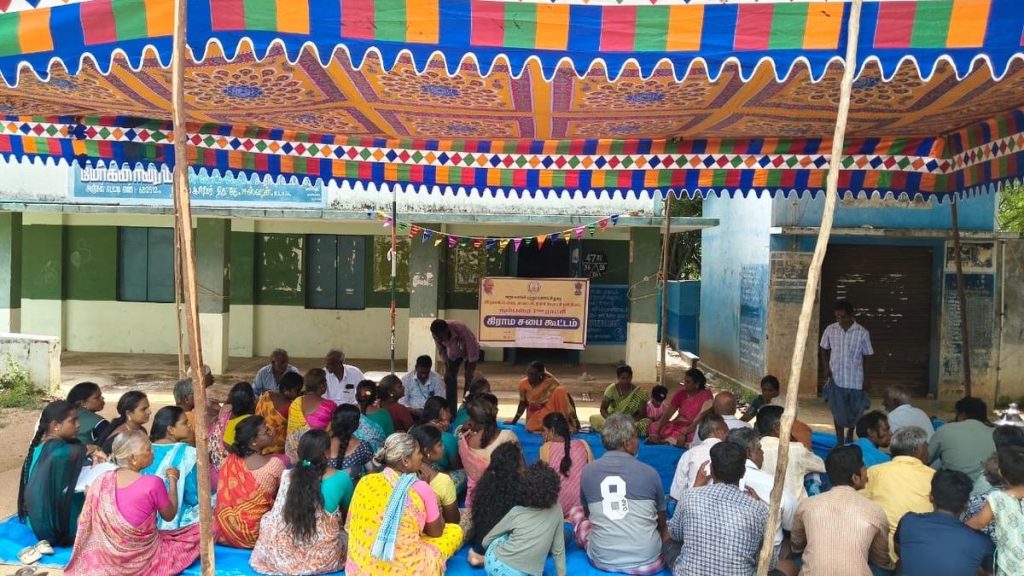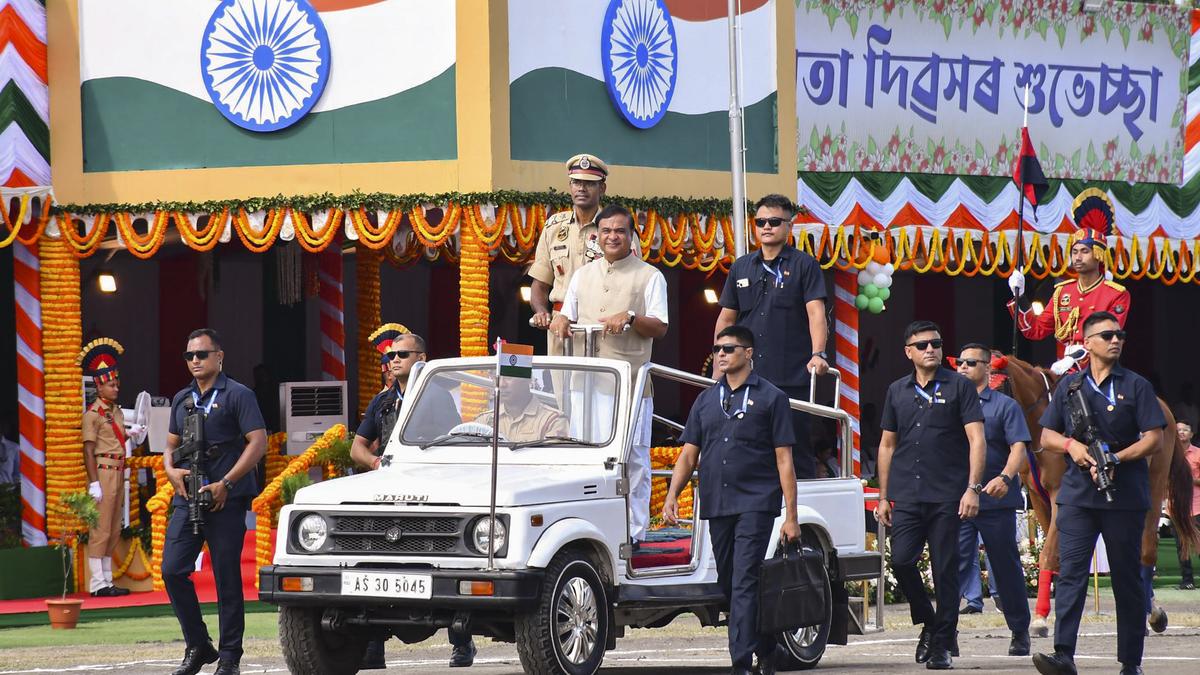Now Reading: Eshwar Khandre Honors Freedom Fighters’ Legacy
-
01
Eshwar Khandre Honors Freedom Fighters’ Legacy
Eshwar Khandre Honors Freedom Fighters’ Legacy

Quick Summary
- Forest and Environment Minister Eshwar B.Khandre emphasized the nation’s gratitude to freedom fighters during a speech at Bidar’s 79th Independence Day celebrations.
- He highlighted India’s non-violent struggle for independence as an inspiring global model, paying homage to leaders who sacrificed their lives and youth in pursuit of freedom.
- The State government’s guarantee schemes,such as the Anna bhagya Scheme (benefiting around 11 lakh families) and Gruha Lakshmi (offering financial aid to three lakh women),were noted for enhancing the quality of life for citizens.
- The Minister announced efforts to improve green cover in Karnataka, including planting 35 lakh saplings under a ₹50 crore allocation by the Kalyana Karnataka Region Development Board (KKRDB).
- Proposed projects include a Bird Park, Eco Park, and Eco Tourism Park aimed at environmental development within the district.
- Mr. Khandre reiterated his government’s commitment to welfare policies while stressing youth involvement in nation-building.
Indian Opinion Analysis
Eshwar B. Khandre’s remarks blend past remembrance with contemporary policy focus, reflecting an effort by the State government to connect legacy values with present-day developmental goals. The emphasis on non-violence as India’s path to independence serves both as a tribute and as a reminder of peaceful problem-solving principles on which modern governance can be modeled.
The unveiling of schemes like Anna Bhagya and gruha Lakshmi showcases attempts toward inclusive welfare targeting economically vulnerable demographics-particularly women-which may foster long-term improvements in equitability if implemented effectively. Meanwhile, ecological projects such as afforestation initiatives highlight increased prioritization of environmental concerns amidst ongoing development plans.
While these commitments align with larger national goals like sustainability and empowerment, execution will ultimately determine whether they achieve intended outcomes or remain aspirational promises. Encouraging greater youth participation further underscores efforts toward creating shared accountability for India’s growth trajectory across generations.

























